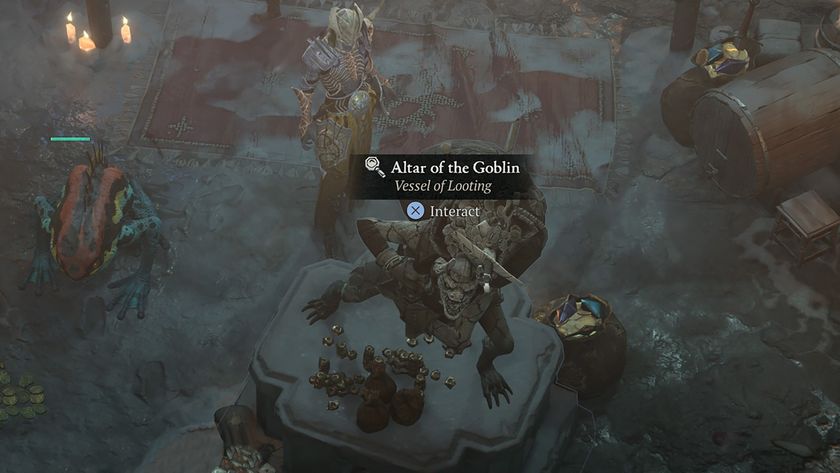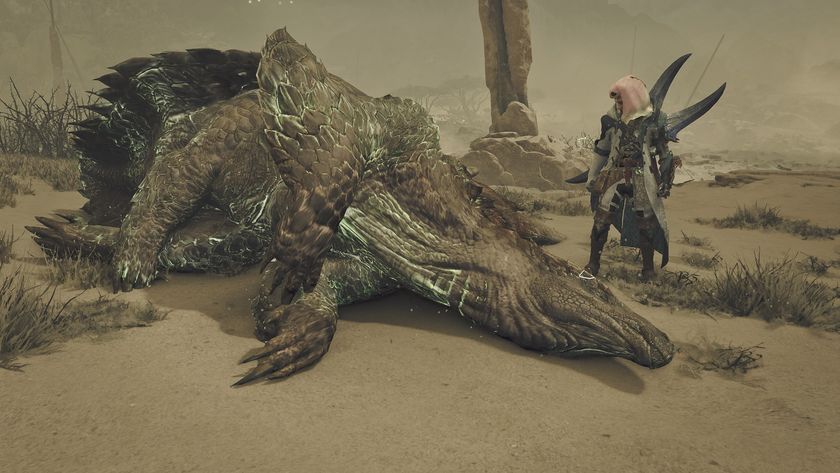XCOM: Chimera Squad District Unrest and City Anarchy: How to keep trouble to a minimum and avoid Game Over
Minimize District Unrest in XCOM: Chimera Squad make sure City Anarchy never ends your watch
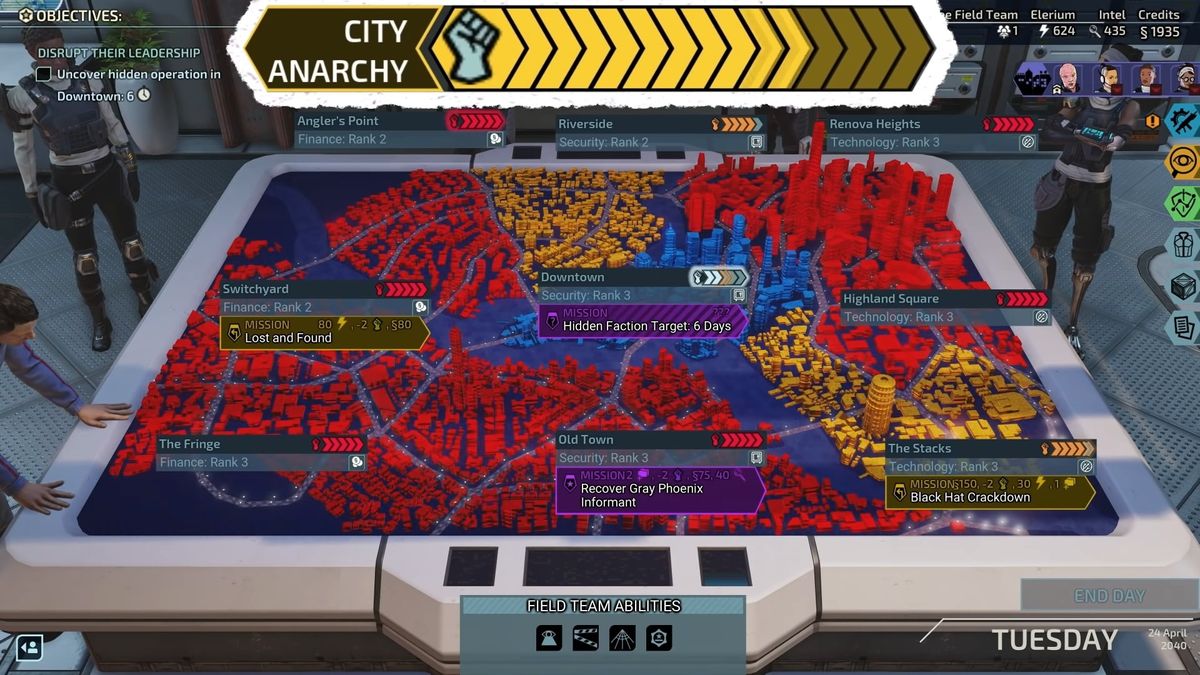
Managing XCOM: Chimera Squad district unrest, is possibly one of the most crucial parts of the game and the city map is, without doubt, the place where you'll be making the most important decisions in Firaxis' strategy game, despite how dangerous the turn-based battlefields might look. That's because your units can no longer suffer from permadeath in XCOM: Chimera Squad, but the fate of City 31 itself is vulnerable to collapsing entirely, causing the game to end prematurely, with your titular team of peacekeepers forced to abandon their posts.
XCOM Chimera Squad tips | Best XCOM Chimera Squad weapons | Best XCOM Chimera Squad armor | XCOM Chimera Squad Intel
Simply put, every mission (and several in-game actions back at HQ) will fast forward time by a day in Chimera Squad's internal calendar, which increases the levels of unrest in each of the city's nine districts. If a district reaches max unrest, that advances the City Anarchy meter by one point at the end of each day, and if that meter reaches its final threshold… well, it's game over.
Unless you're partial to the whims of anarchism, then, the fall of City 31 is very much the 'bad ending' in XCOM: Chimera Squad, and thus something you want to avoid by keeping a tight rein on the levels of unrest across the City Map. There's a few simple ways to achieve this.
1. Prioritise getting Intel

Intel is the currency that can be used to create and upgrade Field Ops, which - as explained in the next entry - are crucial for keeping the peace in City 31. You can gain Intel by completing missions, assigning Units to Spec Ops tasks (more on that in a bit), and from deploying Field Teams themselves. Sure, there's Credits and Elerium to collect, too, but Intel is the one you're going to want to value the most.
2. Deploy Field Teams and use their abilities to calm unrest
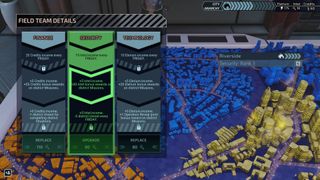
One Field Team can be assigned to every district in City 31, and doing so not only provides a steady income of resources each day, but unlocks Field Team Abilities that can be deployed to keep a lid on the levels of District Unrest and City Anarchy across the map. The more Field Teams deployed, the more Abilities you'll have at your disposal, including the power to reduce City Anarchy itself. Be warned, however, that all Field Team Abilities have a cooldown timer based around the in-game timeline, so aren't without their limitations.
3. Always have an active Spec Ops mission to lower unrest or earn Intel
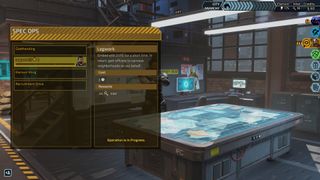
Spec Ops engagements are timed 'away missions' that you can assign a single unit to focus on while you go about your main priorities on the city map. These can be found in a separate menu back at HQ and several will either award you Intel to spend on new Field Ops, or will directly lower the unrest levels in a specific district upon completion. Sending a unit onto a Spec Ops mission will, however, keep them out of action for several in-game days, so keep that in mind before you assign your best and brightest.
4. Avoid risky missions but don't ignore Operations
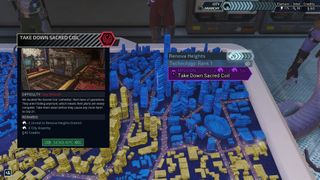
Fail a mission, and you'll come back having wasted a day with nothing to show for it. That means the levels of district unrest will continue to rise, and your time spent on a failed mission brings back no new resources to slow down the clock. It's also unwise to ignore Operation Missions, which represent Chimera Squad's biggest battles towards the end of each new investigation.
Every day these engagements are ignored, the district it belongs to will increase in Unrest, while also making the mission itself even more difficult. Don't turn a blind eye to them, especially as completing one removes points from the City Anarchy meter.
For more, check out more upcoming PS4 games for 2020 and beyond, or watch our latest episode of Challenge Radar below.
Sign up to the 12DOVE Newsletter
Weekly digests, tales from the communities you love, and more
I'm GamesRadar's Features Writer, which makes me responsible for gracing the internet with as many of my words as possible, including reviews, previews, interviews, and more. Lucky internet!
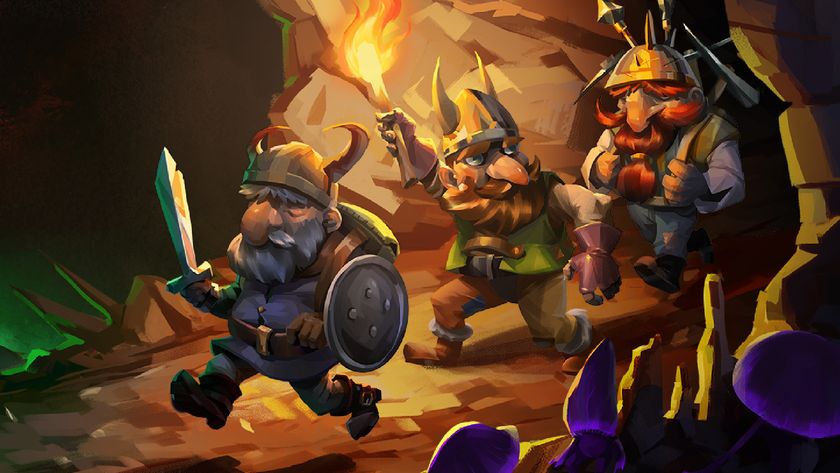
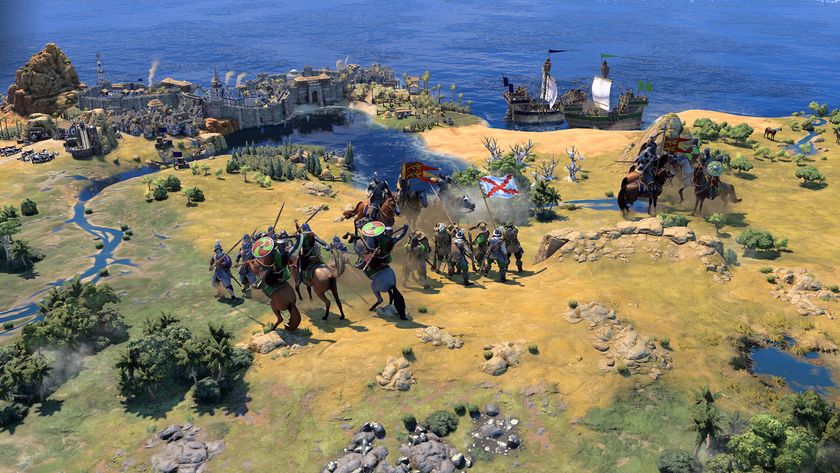
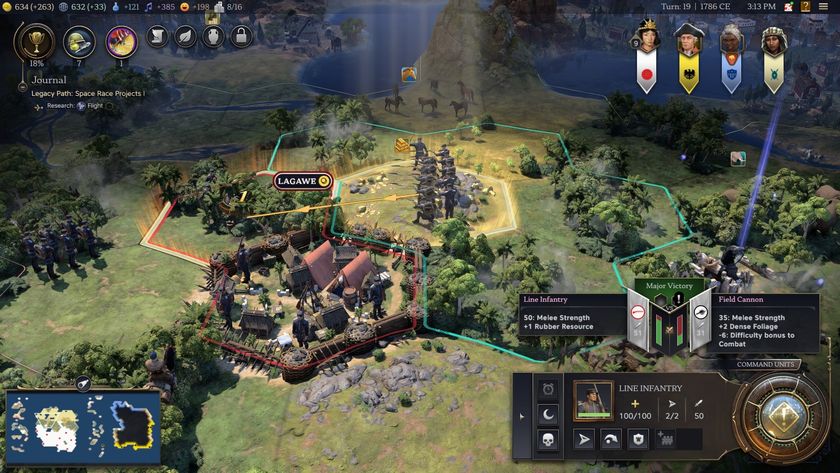
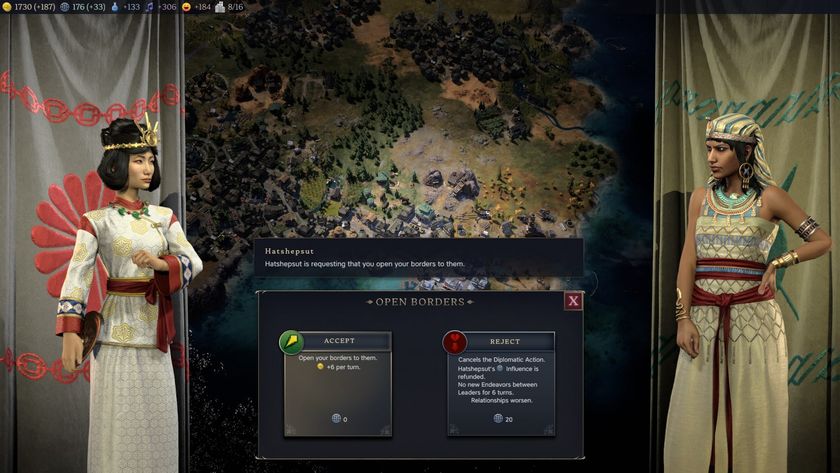
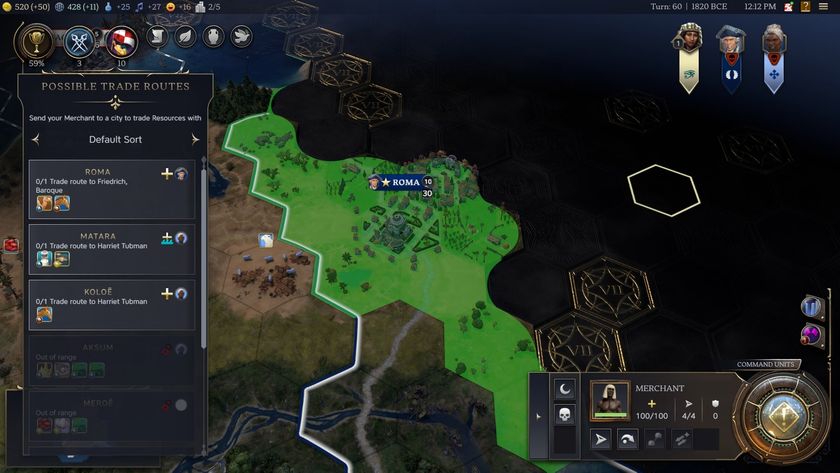



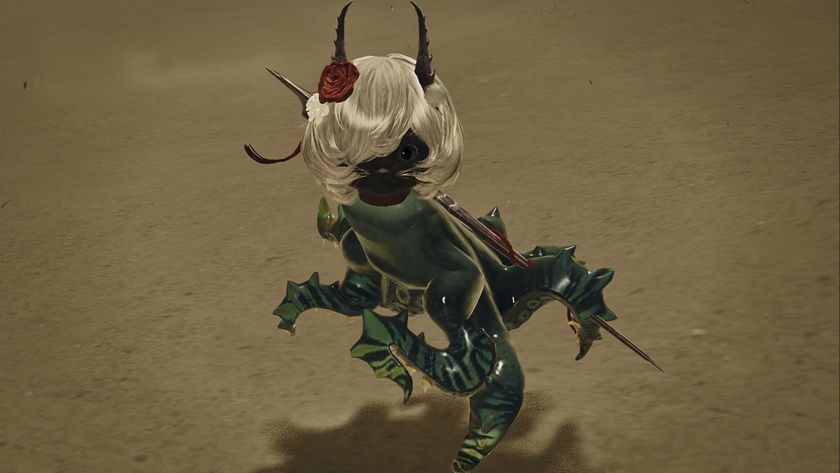

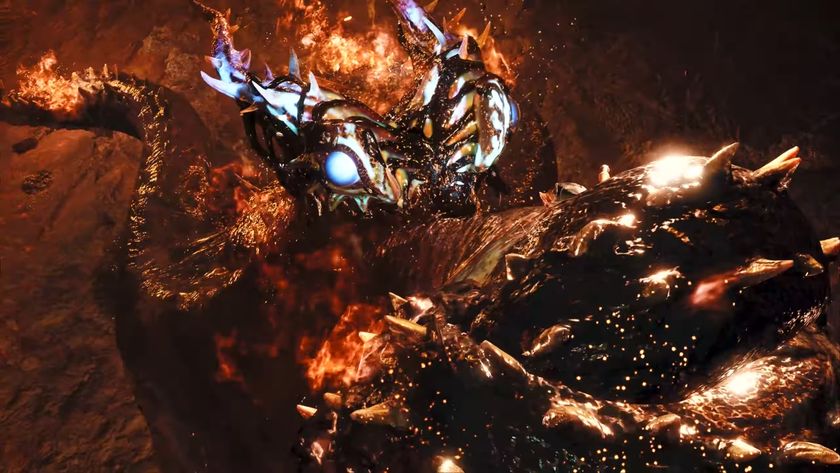
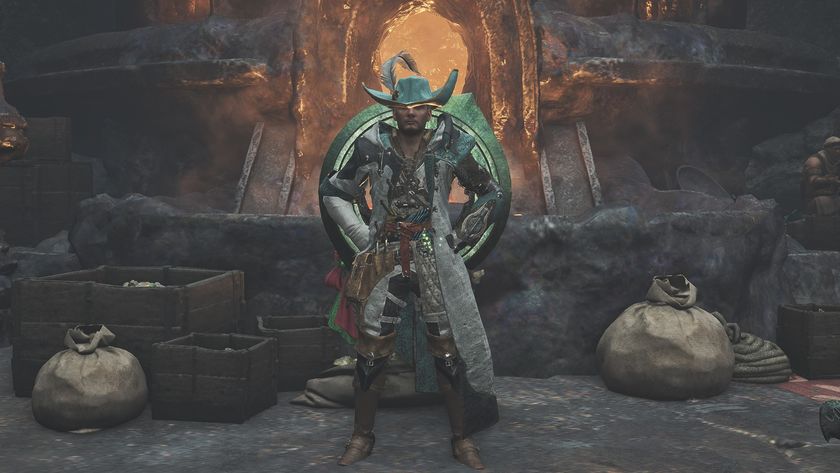

Dwarf Fortress devs "apologize for destroying your food-based economies" after nerfing meal prices: "Didn't realize so many of you were living that way"

"Everybody's in competition with Civ": Lead Civilization 5 composer has been in the "volatile" gaming industry for over 20 years and thinks new IP is only getting harder to make


